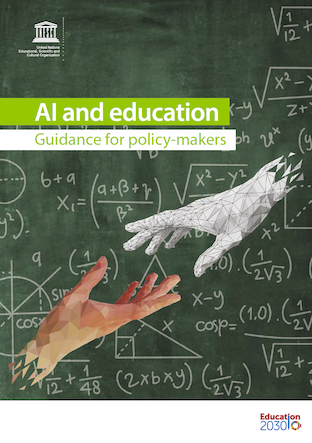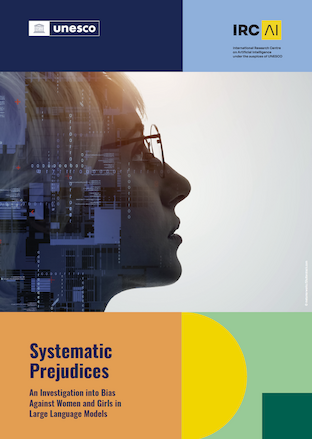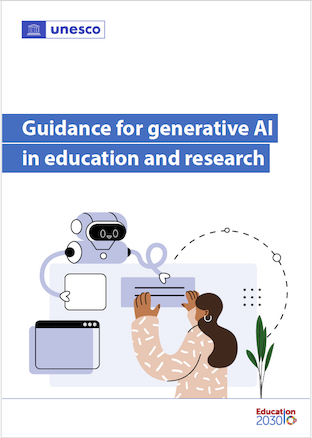The UNESCO Chair in Artificial Intelligence is comprised of a team of researchers across UCL, led by Professor John Shawe-Taylor, which focuses on promoting ethical AI development, policy, and education globally. It has spearheaded significant initiatives, including contributing to UNESCO’s Recommendation on the Ethics of AI. Through research and collaborations, the Chair addresses critical issues such as AI bias, environmental sustainability, and gender equality, while advancing UN SDGs.
The work of this Chair
Since its inception in 2018, the UNESCO Chair in AI at UCL has been at the forefront of global AI research and policy. It has addressed pressing challenges like AI bias, particularly its impact on women and girls, producing influential reports that shaped international discussions. Recent initiatives include studying AI’s impact on gender issues and proposing suitable policy practices to governments.
The Chair also collaborates on educational programs, such as the MSc in AI for Sustainable Development, and has published highly impactful resources on generative AI in education. Through partnerships with organizations like IRCAI (International Research Centre in Artificial Intelligence (IRCAI) under the auspices of UNESCO) and UNESCO, the Chair actively contributes to advancing responsible AI development worldwide.
About the Chair Lead

Professor John Shawe-Taylor is a distinguished AI researcher and advocate for ethical technology in the field of education. As the Chair lead, he has guided impactful projects, including contributing to the landmark UNESCO Recommendation on the Ethics of AI. Under his leadership, the Chair has advanced policy, research, and education, influencing global AI discourse. His efforts integrate UCL’s research strengths with UNESCO’s mission to uphold human rights, promoting innovative solutions for AI’s societal challenges.









